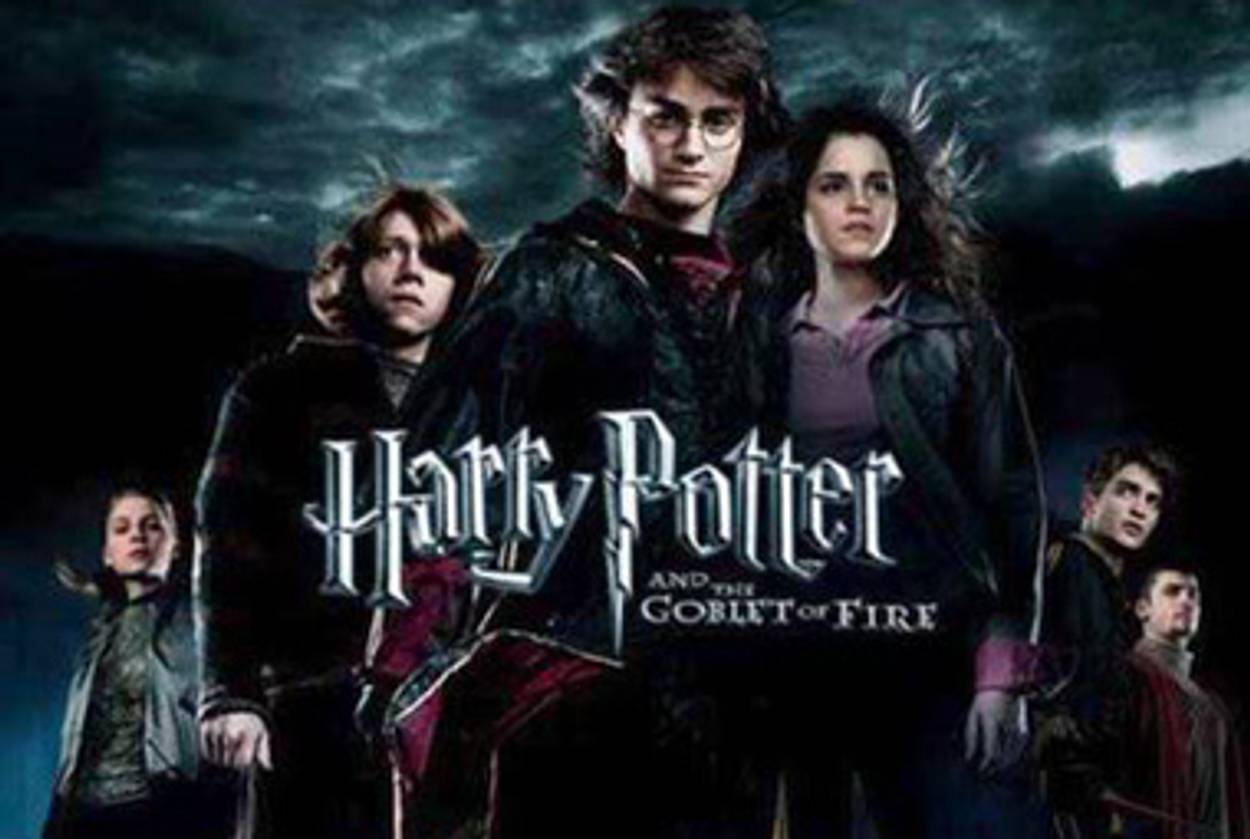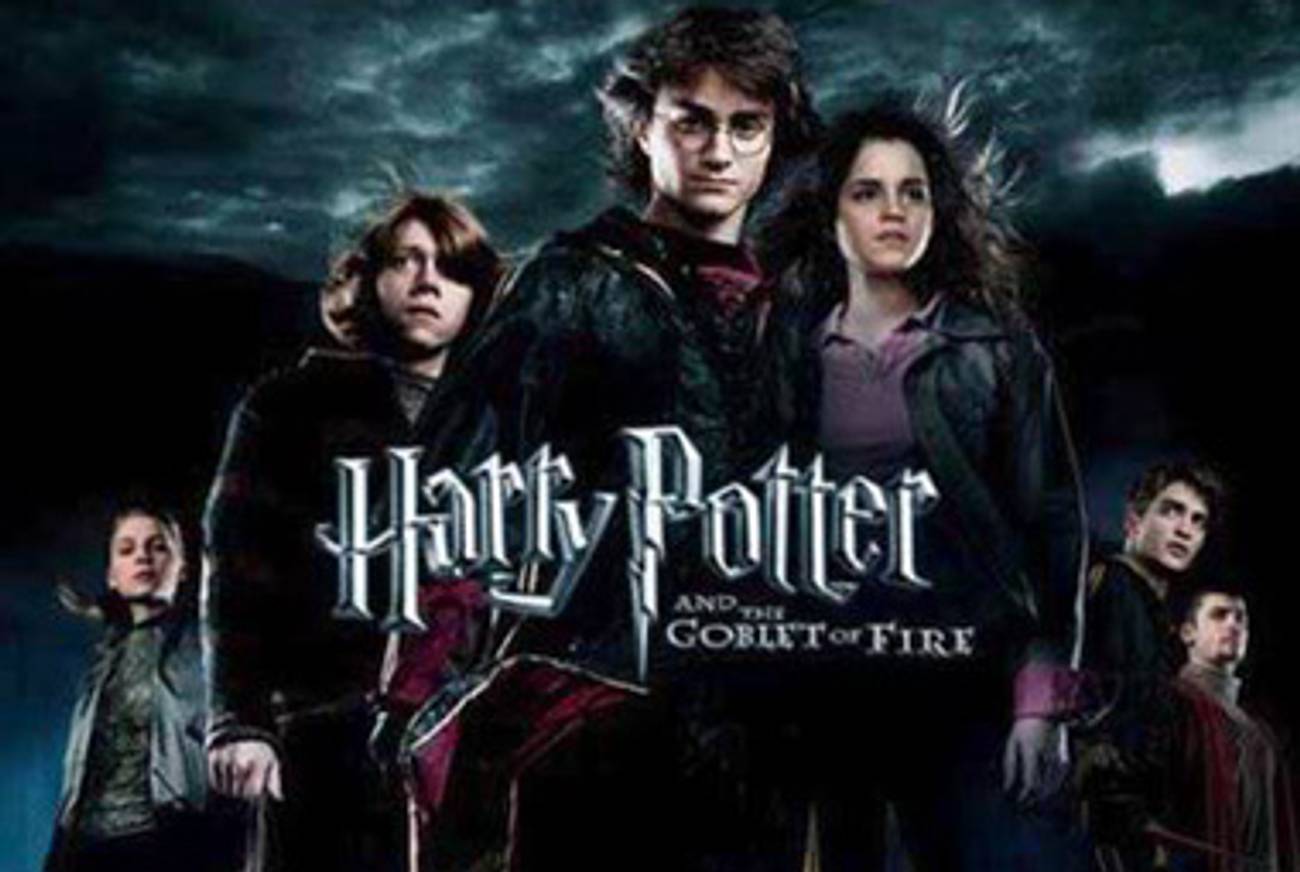Harry Potter and the Copyright Lawsuit
Jewish author’s estate sues J.K. Rowling




The estate of a British-Jewish children’s author is claiming that the plot of a 1987 children’s book is almost the exact same as that of another book, about a certain other boy wizard, written many years later. The author, Adrian Jacobs, died over a decade ago, but now his lawyers, led by flamboyant Australian publicist Max Markson, are suing J.K. Rowling for allegedly pilfering the story in Harry Potter and the Goblet of Fire, the fourth book of the septology. Markson, the flamboyant publicist, is—yup, you guessed it—Jewish, too.
Rowling says the allegations are “unfounded” and “absurd.” Really? She expects us to believe she didn’t read a single one of the 5,000 copies of The Adventures of Willy the Wizard: No. 1 Livid Land that were printed in 1987?
This to-do does give me a good excuse to highlight a fantastic article in the new Jewish Review of Books: Professor Michael Weingrad’s exploration of why there are almost no fantasy novels written by Jews. You ought to read the whole thing, but here’s a taste:
most Jews have been deeply and passionately invested in modernity, and that history, rather than otherworldliness, has been the very ground of the radical and transformative projects of the modern Jewish experience. This goes some way towards explaining the Jewish enthusiasm for science fiction over fantasy (from Asimov to Silverberg to Weinbaum there is no dearth of Jewish science fiction writers). George MacDonald’s Phantastes, thought by some to be the first fantasy novel ever written, begins with a long epigraph from Novalis in which he celebrates the redemptive counter-logic of the fairytale: “A fairytale [Märchen] is like a vision without rational connections, a harmonious whole . . . opposed throughout to the world of rational truth.” Contrast Herzl’s dictum that “If you will it, it is no Märchen.” The impulse in the latter is that of science fiction—the proposal of what might be—and indeed Herzl’s one novel Old-New Land was a utopian fiction about the future State of Israel.
Jewish Author’s Estate Accuses Rowling of Plagiarism [Jewish Chronicle]
Related: Why There Is No Jewish Narnia [Jewish Review of Books]
Marc Tracy is a staff writer at The New Republic, and was previously a staff writer at Tablet. He tweets @marcatracy.